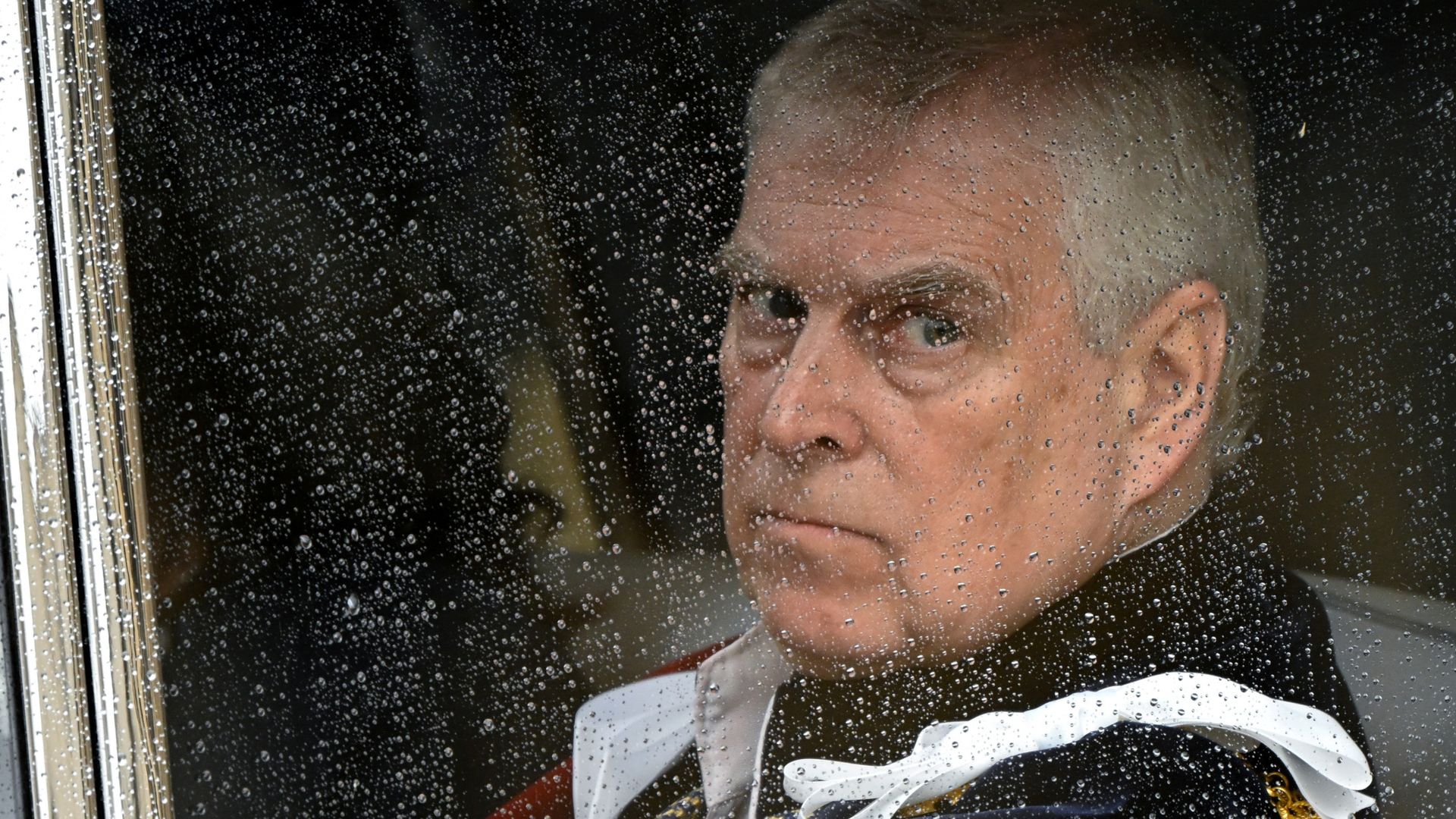
Growing great hay in Maine is an important art, and a new contest will reward those who are the best at it.
The Maine Hay Contest at the Maine Forage Conference in Waterville on Nov. 8 will recognize the best quality hay in the state. Forage is hay and other plant materials that are fed to livestock. The conference and contest, which organizers hope to hold annually, will highlight good hay and how to grow it.
Hay production is economically important here — it was the state’s third most valuable crop in 2023, bringing in $38.9 million — and it’s crucial for livestock.
In warmer states, animals graze on green pasture for many months, if not year-round. Maine’s short growing season means fields aren’t producing food for animals for up to six months, so farmers need enough quality hay to last the winter, along with silage, or pasture grass that’s been fermented to keep its nutrients.
Having enough protein and good nutrients in the soil is important, but it’s not the whole picture, according to Jaime Garzon, dairy forage educator at the extension. Ruminant animals like cows, goats and sheep also need a balance of simple sugars and enough fiber in their forage. That’s determined by lab tests.
Getting it just right also means cutting at the right time. Too early and the hay will have more sugars and water content, meaning the animals need to eat more of it; too late and it will have too much fiber but not enough nutrients.
Hay growers have had a stretch of challenging years when the growing season was too wet or too dry for it to grow well. This year was better, but looking ahead, Garzon is interested in potential other forages that dry faster or could be processed differently.
Growing good forage today also involves thinking holistically about other factors such as keeping soil healthy, helping pastures stay productive, reducing expenses for growers and maintaining the “ecosystem services,” according to Garzon. Ecosystem services are things like erosion control, bird habitat and other natural functions hayfields provide.
Maine growers are also unique because they are largely reluctant to use chemical herbicides compared with larger commercial farmers, according to Garzon. That means getting innovative with other methods, like mechanical cutting or planning planting dates.
The conference was requested by the growers Garzon works with and is a revival of the grazing conferences hosted by his predecessor, longtime forage educator Rick Kersbergen. Kersbergen will speak at the conference about his 35 years working at the extension; the schedule also includes a trade show, a panel discussion and farmer Q&A and a talk about reading testing results.
The contest was inspired by a similar one held in Florida, where Garzon was a student. Submissions are closed for this year, but he hopes to hold the contest annually.










